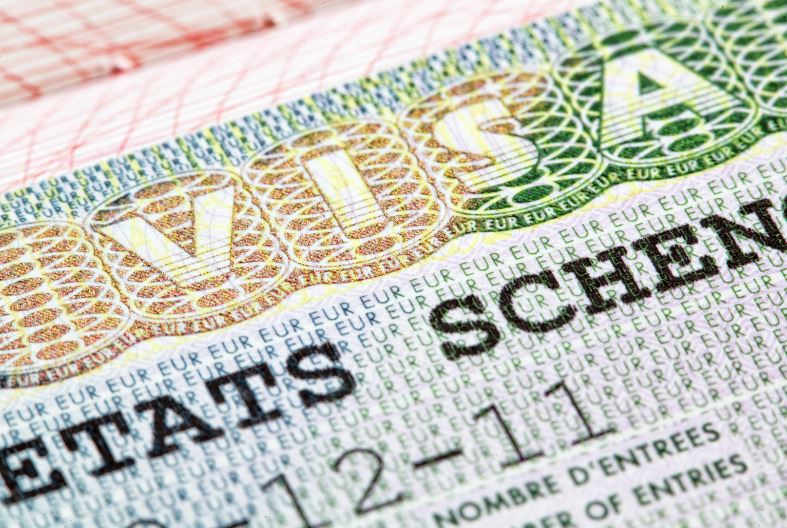New Schengen Visa Rules for Indians
European Union has recently introduced a revamped visa system specifically for Indian nationals. This change, effective from April 2024, fundamentally alters the dynamics of how Indians can approach travel within the Schengen area. Traditionally, Schengen visas were provided typically with shorter validity periods, placing restrictions on frequent travellers. The updated policy now facilitates longer durations of stay and multiple entries, aimed at simplifying travels and enhancing bilateral ties between India and the EU.
What is Schengen Visa?
Schengen visa, conceptualized around European geopolitics and travel logistics, serves as a gateway for short-term stays — spanning up to 90 days within a 180-day period — in any of the 25 countries that constitute the Schengen Area. These include major European nations like France, Germany, and Italy, along with non-EU members such as Norway and Switzerland. The visa’s flexibility in terms of single or multiple entries accommodates various types of travel, from tourism to business trips.
New Visa Rules for Indians
Under the new regulations, the EU offers Indian travellers a more fluid approach to navigating the Schengen zone. A two-year multi-entry visa is now accessible to Indians who have used two Schengen visas in the past three years and have adhered to the respective rules during their stays.
Successive adherence and usage might lead to eligibility for a five-year visa, enhancing ease and reducing bureaucratic impediments in frequent travel.
The key innovation here is the ‘Cascade’ system, which rewards frequent and rule-abiding travellers with progressively longer visa durations. This system does not alter the stipulated durations of stay per visit but increases the ease of planning and executing multiple trips.
Implications for Travel and Bilateral Relations
These changes serve a dual purpose. Firstly, they simplify travel logistics for Indians and secondly, deepen the diplomatic and cultural exchanges between India and the European Union.
By easing the travel process, the EU not only attracts more tourists and business professionals but also strengthens its ties with one of Asia’s most significant powers.
The shift is likely a strategic move in the face of growing global economic collaborations and the need to foster stronger international alliances.
Impact on Cultural and Economic Exchanges
The facilitation of longer-term and multiple-entry visas under the new rules could lead to a higher volume of cultural exchange and deeper economic ties between the Schengen countries and India. Academics, business professionals, artists, and tourists would potentially find it easier to plan and execute their visits, thereby increasing interaction and mutual understanding between diverse cultures. This increase in mobility with tourism and business sectors particularly standing to benefit.
Month: Current Affairs - April, 2024
Category: International / World Current Affairs






